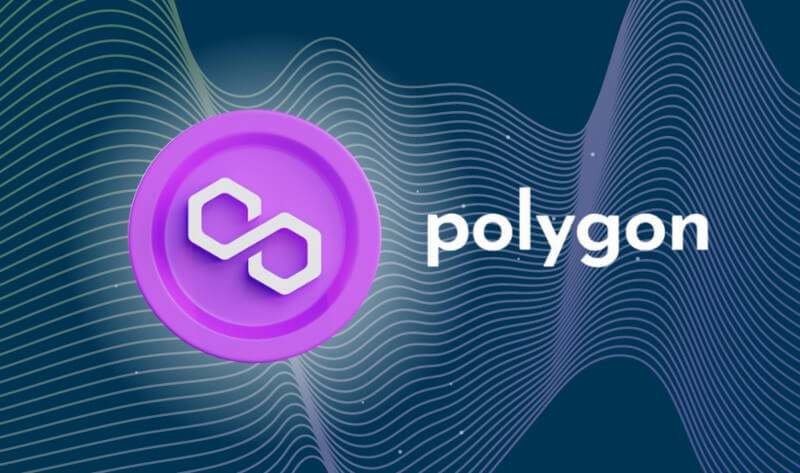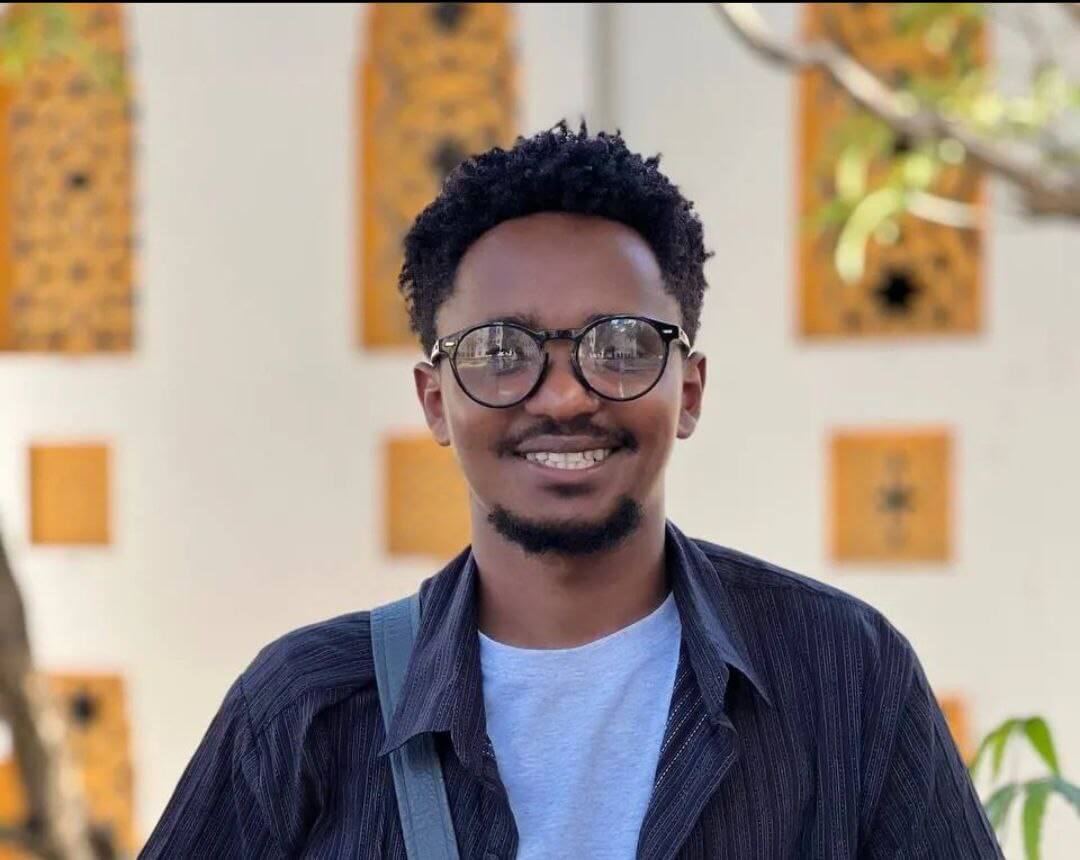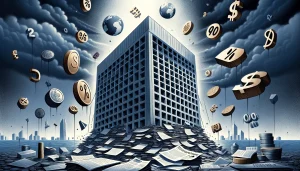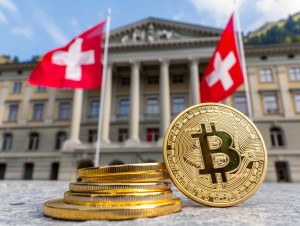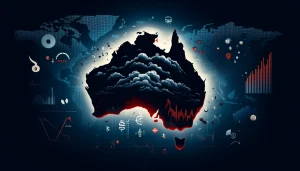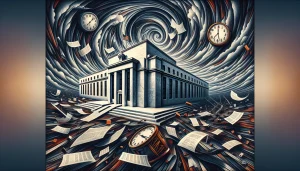The WWF Deutschland and Savespecies collaboration SaveYour.World will now be available on the Polygon network. Enlightening the public on the crisis of trash and plastics entering the ocean will increase the effectiveness of the #OceanDetox effort.
Additionally, a campaign called “play to donate” has been started to inspire people to take action. To tackle the most challenging environmental issues the world is now facing, Polygon has committed to exploring blockchain and Web3.
🗑️ Pick up your trash NFTs and remove real waste.@WWF_Deutschland launched a #Web3 virtual world #onPolygon to protect the real one 🌎
— Polygon (Labs) (@0xPolygonLabs) February 7, 2023
🔗 https://t.co/dFVcvo1uar pic.twitter.com/BtylPDTxeG
As a result of the partnership, a hybrid metaverse has been created where players can alter the real world by eliminating actual trash from real oceans in whatever trash NFT they own. The statement claims that SaveYour.World for the arctic is just the beginning of the digital world’s expansion into other ecosystems, such as forests.
Why WWF choose to partner with Polygon
It is worth noting that Polygon Labs conducted research on emissions and unexplored territory, which was accomplished by examining the connection between Layer 1 and Layer 2 blockchain dynamics.
The research and the process, in particular, attracted the attention and interest of WWF. According to the analysis, WWF picked the Polygon network because it was looking for a network with a significantly improved sustainability profile.
The SaveYour.World project was created to turn environmental issues into representable works of digital art while also ensuring that experience and access have been democratized.
The trash whale from Save.YourWorld is made up of 366 distinct NFTs of 50 different sorts, according to the paper. To ensure a measurable impact on cleaning up the beaches and seas on Phu Quoc Island in Vietnam, it is important to note that each of these NFTs is offered for sale as a gift.
By the year 2050, there will be more plastic in the ocean than fish, according to a sign in SaveYour.World project. Another sign adds that all newborn sea turtles have plastic in their stomachs.
A new generation of users is encouraged to work with NGOs that are putting great effort into making the world a healthier, more liveable place by gamifying the relationship to impossibly complex environmental problems.
